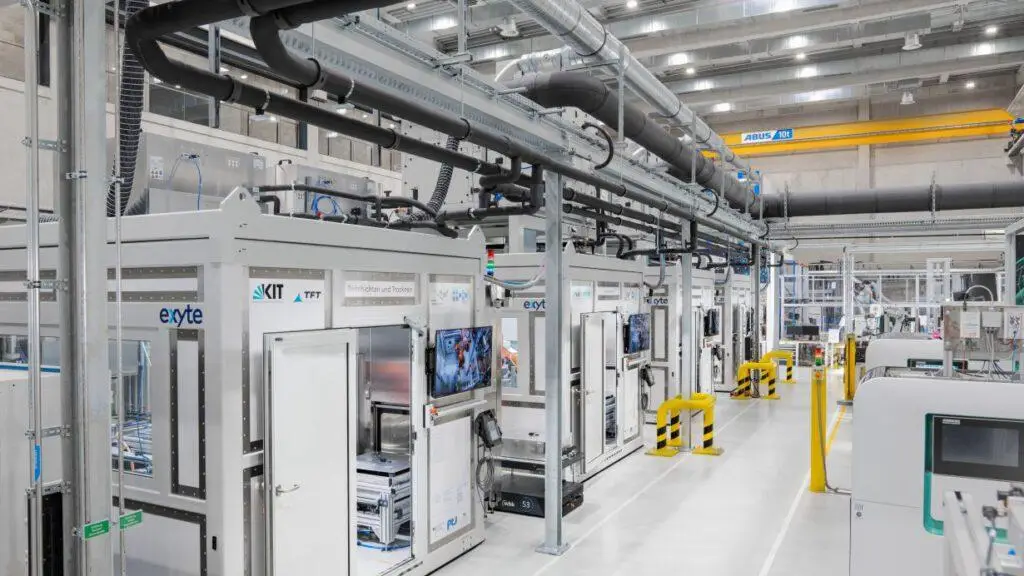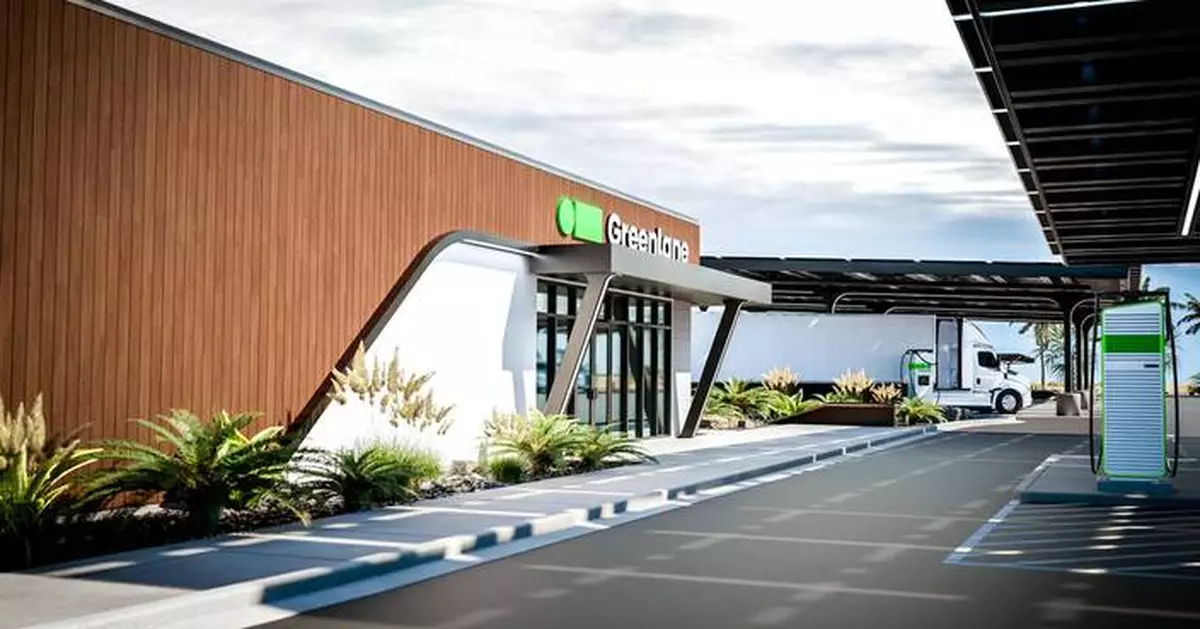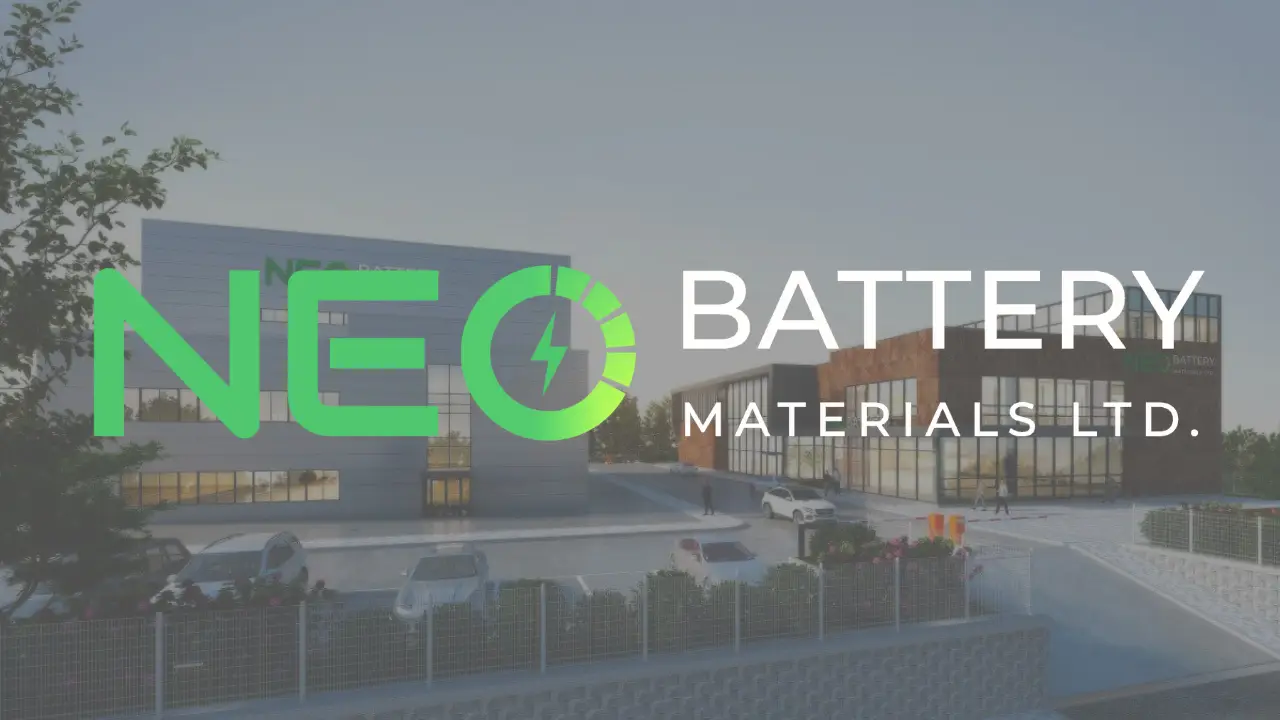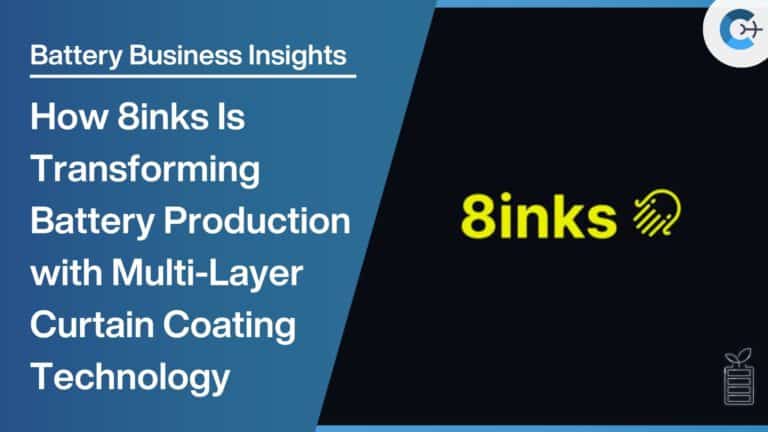The Karlsruhe Institute of Technology (KIT) has inaugurated the world’s first agile battery cell production facility, featuring a robot-based and modular system that enables demand-oriented, customized manufacturing of battery cells in required quantities. This innovative approach allows for greater flexibility in producing battery cells for applications such as electromobility and power tools.
By utilizing highly flexible, robot-based automation, the researchers at KIT have achieved a level of flexibility previously attainable only in manual cell production. “We do not have the conditions in Germany to be competitive in purely cost-driven mass production of cells and the associated machinery,” says Professor Jürgen Fleischer, Head of the wbk Institute of Production Science at KIT. “The opening of this agile battery cell production facility demonstrates how we can differentiate ourselves in the global market with a highly flexible and resource-efficient production, specifically targeting the high-margin premium segment and niche markets.”
The production system employs specialized robot cells developed in collaboration with the company Exyte. These cells represent a world-first in the field and serve as local dry rooms, also known as microenvironments, to protect moisture-sensitive battery materials. Compared to conventional dry rooms, the volume requiring dehumidification is significantly smaller, offering substantial energy-saving potential. Four such microenvironments, along with their associated process modules, constitute the physical structure of the agile battery cell production facility within KIT’s Karlsruhe Research Factory.
In addition to the physical setup, the project team created a “digital twin”—a virtual replica of the production system. This allows researchers to analyze scaling effects through the multiplication of individual microenvironments and to determine production metrics such as optimal batch sizes. The simulation can also be utilized for production planning of the agile battery cell manufacturing process. The real facility is connected to a database to enable future process adjustments and improvements based on artificial intelligence.
The development of the battery cell production facility took place within the AgiloBat research project, involving scientists from seven KIT institutes in partnership with the Center for Solar Energy and Hydrogen Research Baden-Württemberg and the Fraunhofer Institute for Chemical Technology. Medium-sized machinery and equipment manufacturers, including Coperion GmbH, SAUERESSIG Group, Schunk Group, Herrmann Ultrasonic Engineering GmbH & Co. KG, Siemens AG, DEHOF ingenieur+technik, and Exyte Technology GmbH, collaborated on the project. The initiative aims to empower these companies to offer competitive equipment technology along the entire process chain.
The Federal Ministry of Education and Research funded the project with 14.5 million euros, while the Ministry of Science, Research and Arts Baden-Württemberg contributed 4.5 million euros.
















